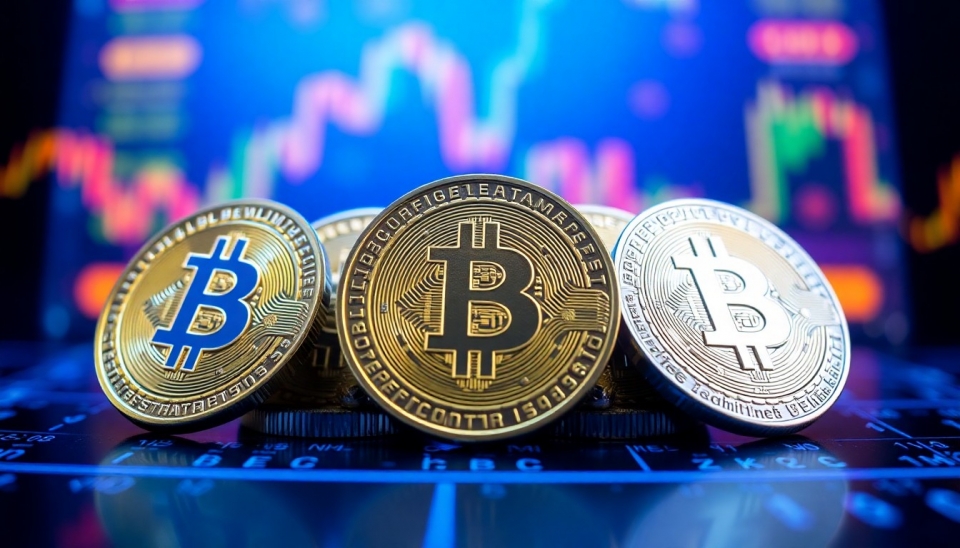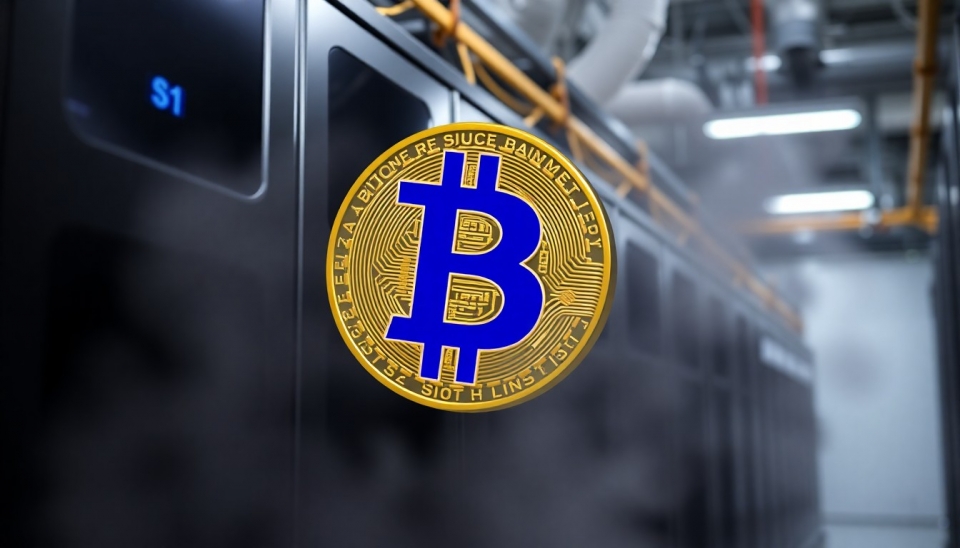
In the evolving landscape of cryptocurrency, a new debate has surfaced surrounding the trading of locked tokens. These tokens, which are often held in smart contracts to prevent immediate sale and liquidity, have begun to attract significant attention from traders and regulators alike. The issue at hand involves the ethical implications and market effects of trading assets that are not freely liquid.
Locked tokens have been a feature of many decentralized finance (DeFi) projects, where developers lock a portion of the tokens to build trust and stability within a project's ecosystem. However, as markets become increasingly volatile, traders are finding ways to leverage these locked positions for potential gains, even if the assets cannot be immediately accessed or sold. This has led to a proliferation of trades based on promised future liquidity rather than tangible assets available for immediate transfer.
Critics argue that these practices could mislead less experienced investors and create a fraudulent appearance of liquidity that does not actually exist. Proponents, on the other hand, suggest that trading locked tokens could be viewed as a strategic investment approach, provided that all participants in the market are fully aware of the circumstances surrounding these trades. They stress the importance of transparency and informed consent in any market, especially one as speculative as cryptocurrency.
The implications of these trading scenarios have caught the eye of regulators, raising pertinent questions about what constitutes fair market practice in the digital asset space. As old paradigms of trading come up against the unique characteristics of cryptocurrencies, both market participants and regulators will need to adapt to the new realities shaped by technology and evolving practices.
The conversation has become more pressing as major exchanges grapple with how to handle locked tokens on their platforms. Some exchanges have opted to ban trades involving these assets entirely, while others are exploring ways to accommodate them, seeking to strike a balance between innovation and consumer protection. This situation underscores the ongoing struggle within the cryptocurrency market to establish clear, fair rules of engagement.
As the industry continues to mature, it is evident that discussions around locked tokens are just the beginning of a broader dialogue regarding ethics, transparency, and the future of trading in the cryptocurrency sector. Market insiders are keenly observing regulatory developments, as the outcomes could shape the future landscape of trading practices for years to come.
Amid this controversy, stakeholders are encouraged to remain vigilant and informed, understanding that the changing tides of crypto trading will inevitably impact both the strategies they employ and the broader market dynamics.
#Cryptocurrency #LockedTokens #DeFi #Trading #MarketDynamics #RegulatoryIssues
Author: Ethan Hayes




